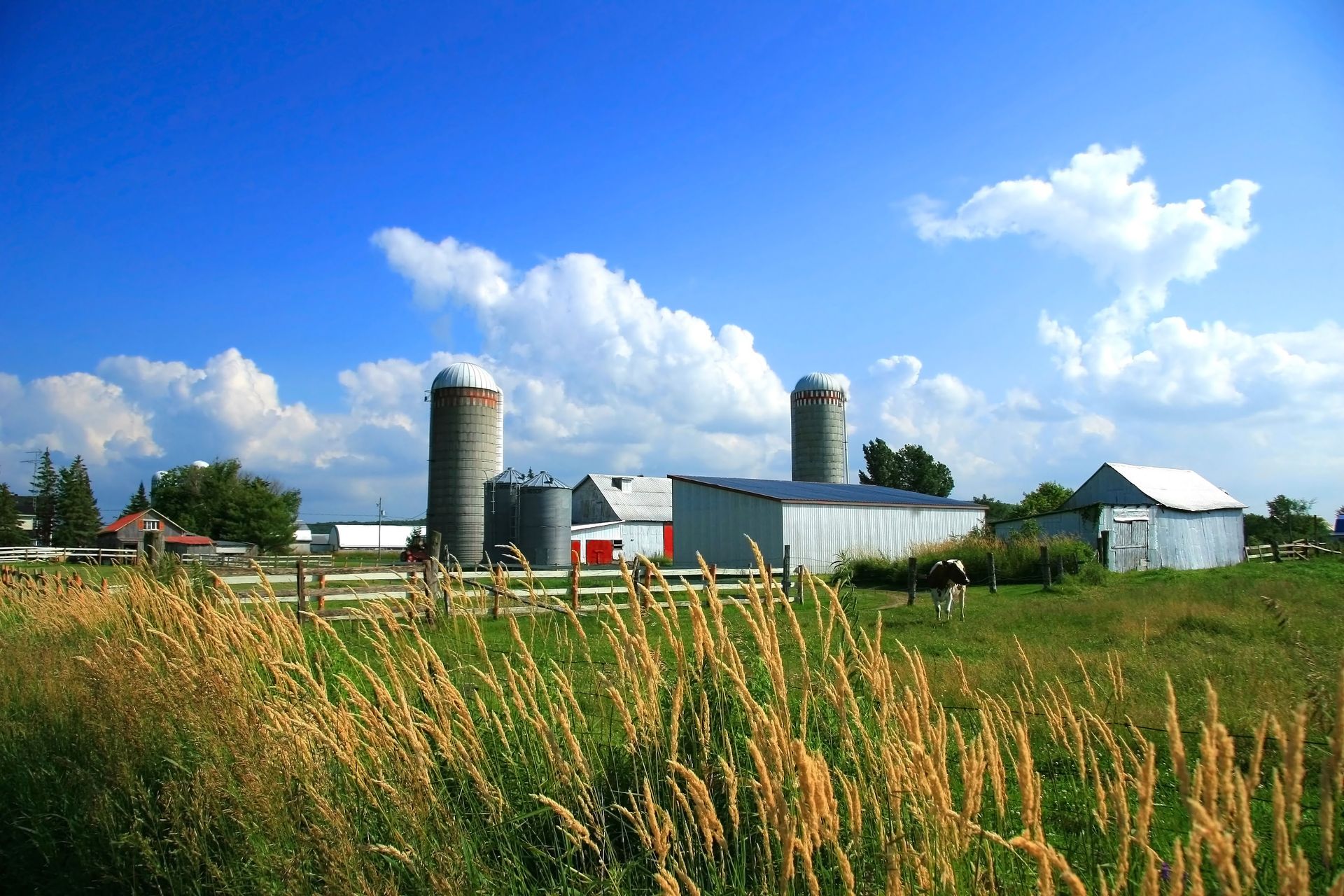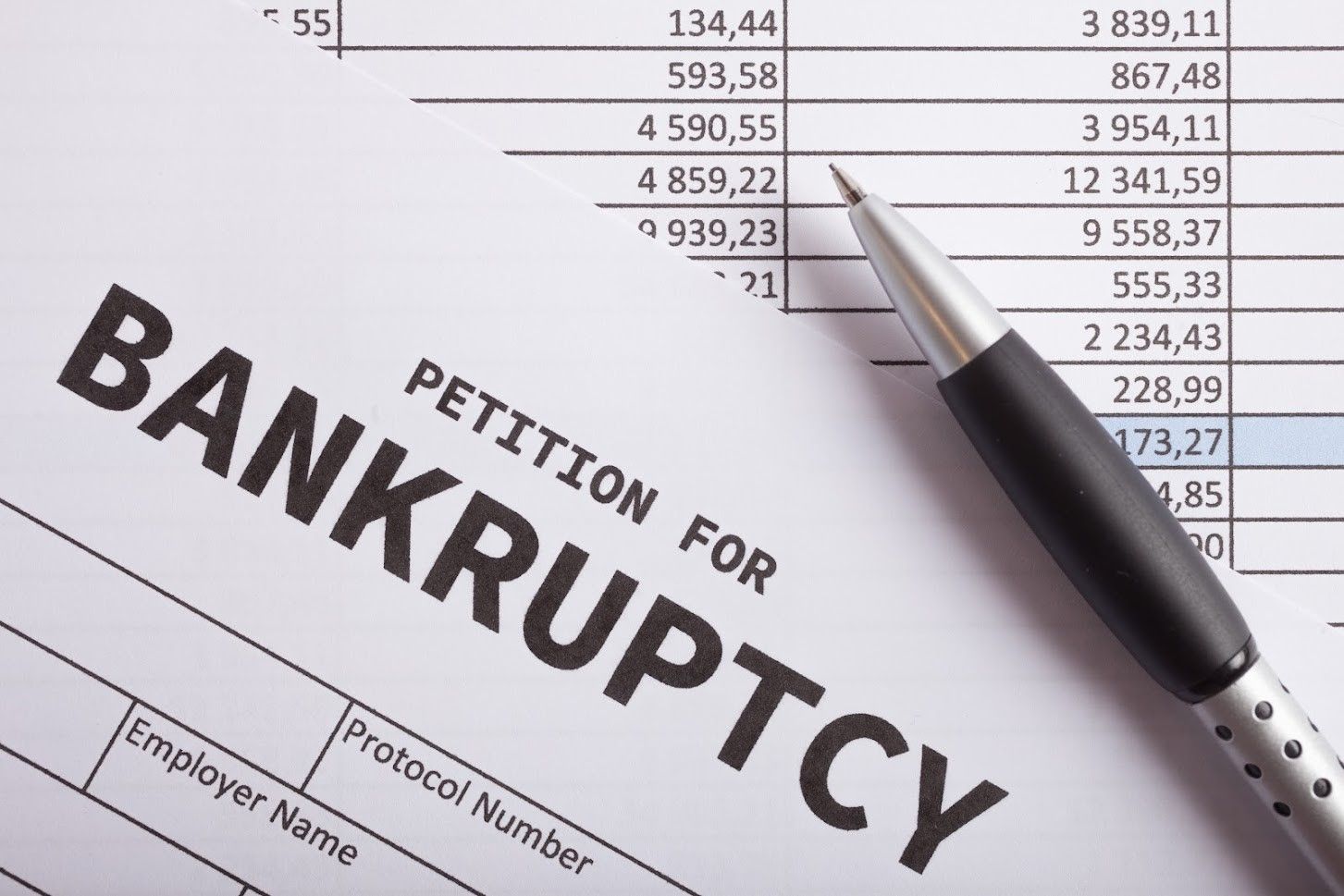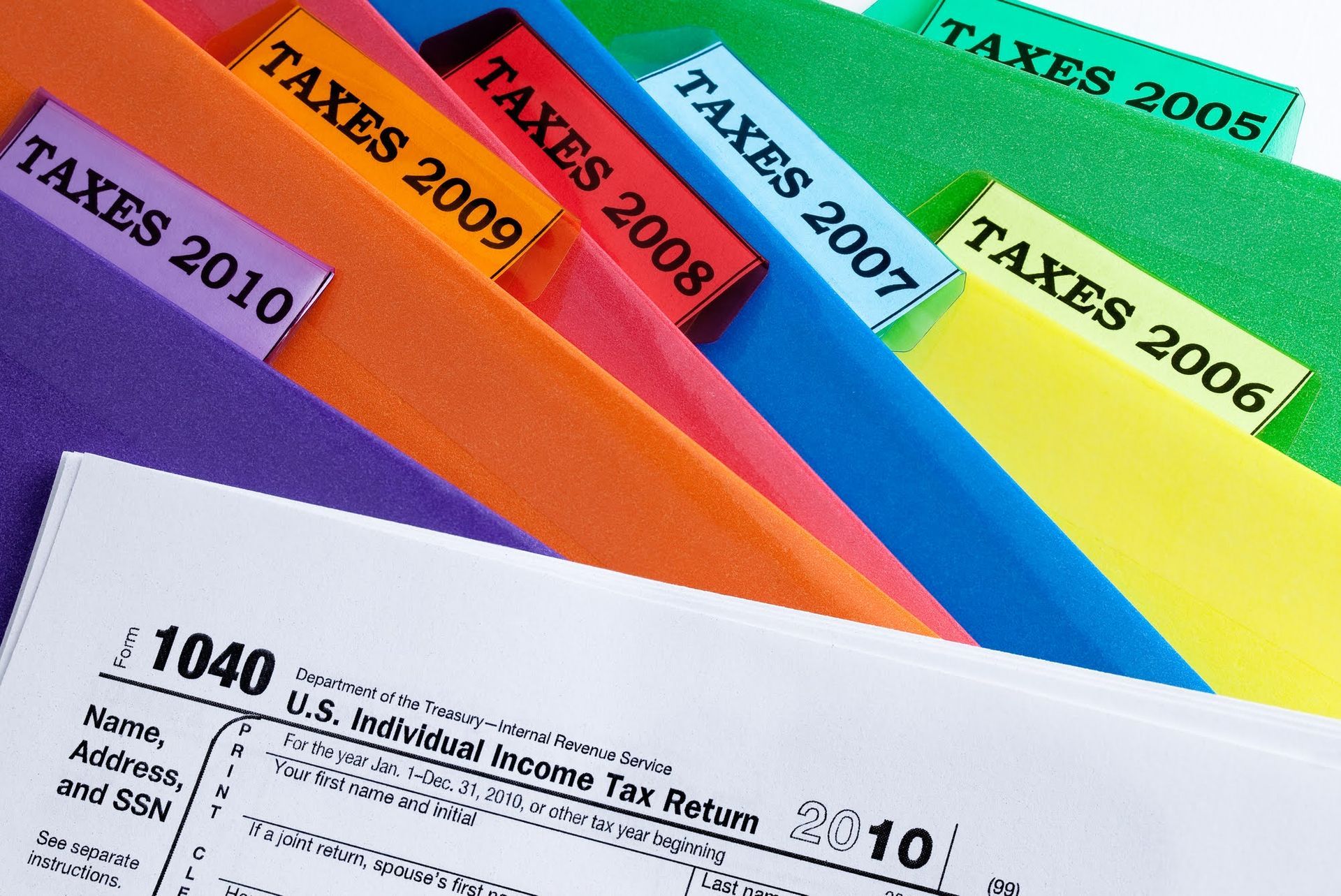Farm Bankruptcy: What You Should Know

Farming is a livelihood that requires significant investment, hard work, and patience. As much as farmers love their farms, it's no secret that many farm families in the country are experiencing financial difficulties. Factors contributing to the distress include low commodity prices, global trade tensions, and climate change. If you're a farmer facing financial struggles, you need to know how to deal with it, and one of the options is filing for bankruptcy. In this blog, we'll discuss everything you should know about farm bankruptcy to help you protect your farm and finances.
What is Farm Bankruptcy?
A farm bankruptcy is a legal process through which a farmer can reduce or eliminate debts under Chapters 12 or 7 of the Bankruptcy Code.
Chapter 12 Bankruptcy
Chapter 12, also known as the Family Farmer and Fisherman Bankruptcy, is a specialized bankruptcy option tailored to assist individuals in the agricultural sector. Its primary objective is to provide a framework for family farmers and fishermen to reorganize their financial affairs and retain ownership of their farms.
Through the implementation of a structured debt repayment plan, Chapter 12 allows individuals to gradually repay their debts over a period of three to five years. This unique approach ensures that repayment obligations align with the individual's income, providing a realistic and sustainable path toward financial stability while safeguarding the future of their farming operations.
Chapter 7 Bankruptcy
Chapter 7 bankruptcy, also known as liquidation bankruptcy, provides individuals with the opportunity to eliminate a significant portion of their debts and embark on a fresh financial journey. Through this legal process, one can effectively erase most of their financial obligations, enabling a clean slate for a brighter future. Whether burdened by overwhelming debts or seeking a fresh start, Chapter 7 bankruptcy offers a pathway to financial freedom and a chance to rebuild one's life.
Reasons to File for Farm Bankruptcy
Filing for bankruptcy is a difficult decision for any farmer. However, when the debt grows beyond your capacity to repay, bankruptcy may be one option to protect your farm and finances. In a nutshell, there are three main reasons why farmers file for bankruptcy: to restructure debt, to stop foreclosures and collection activities, and to eliminate unmanageable debt. Bankruptcy may also give farmers the breathing space to recover from adverse situations such as crop damage, natural disasters, and health challenges.
How to File for Bankruptcy
Filing for a farm bankruptcy can be a complicated and emotional process. It's essential to work with an experienced bankruptcy attorney who understands the nuances of farm bankruptcy. Before filing for bankruptcy, you'll need your financial records and an honest assessment of your income and expenses. You'll also need to prepare a debt repayment plan (for Chapter 12) or a statement of assets and liabilities (for Chapter 7). After filing, the court will issue an automatic stay, a legal order that stops creditors from pursuing collection activities.
Effects of Bankruptcy on Your Farm and Credit Score
While bankruptcy is a legal and valid solution for farmers facing financial crises, it may have significant consequences on finances and farming operations. Your farm equity and assets may be sold to repay creditors under Chapter 7 or restructured under Chapter 12. Your credit score will also take a significant hit, which may affect your ability to borrow in the future. However, bankruptcy is not the end of your farming career. With meticulous planning and hard work, you can recover financially and rebuild your credit.
Farm bankruptcy is a legal process that can provide a fresh start and a chance to rebuild for farmers in a financial crisis. If you're considering bankruptcy, it's essential to understand the different types of bankruptcy, the reasons for filing, and the legal and financial implications. Consulting with a bankruptcy attorney is essential to navigate the complicated process. Remember, bankruptcy may have a long-lasting effect on your farm and finances, so weigh your options carefully. Keep in mind that bankruptcy is not an admission of failure but a courageous decision to take control of your financial future.
For more information about bankruptcy, contact us at Charles J Schneider PC.























